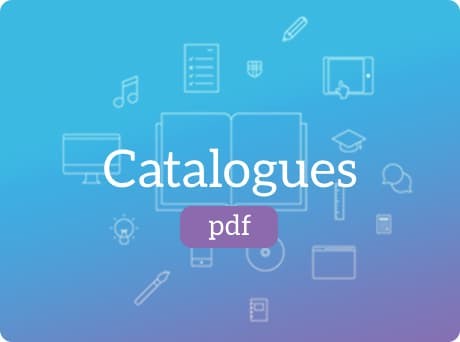Online teacher and learner training
Join our Professional Learning and Development team, together with authors and educational experts, as they share their knowledge and offer practical take-away ideas for your everyday teaching and learning.
Past webinars

Top tips for Learners for B2 First / C1 Advanced
Victoria Peña
If your students are taking B2 First or C1 Advanced soon, our webinars will help them with useful and practical last-minute exam preparation tips. Request access to the recordings by clicking on the 'Watch webinar' button below!
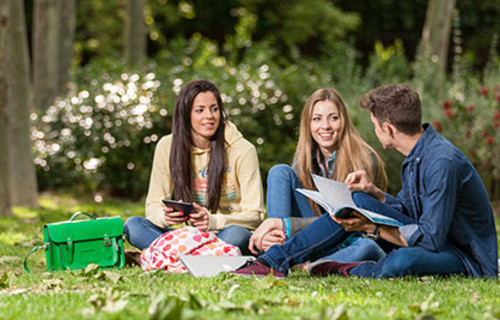
Becoming confident speakers at B2 First and beyond
David Bradshaw, Andrea Tolve
The session will look at the main problems learners have with speaking confidently and fluently and how we can help them: using success criteria, self-assessment, peer-assessment and tools to use inside and outside the classroom. We will focus on areas where students need help in developing extended discourse, either as an individual long turn or as part of a collaborative interaction.
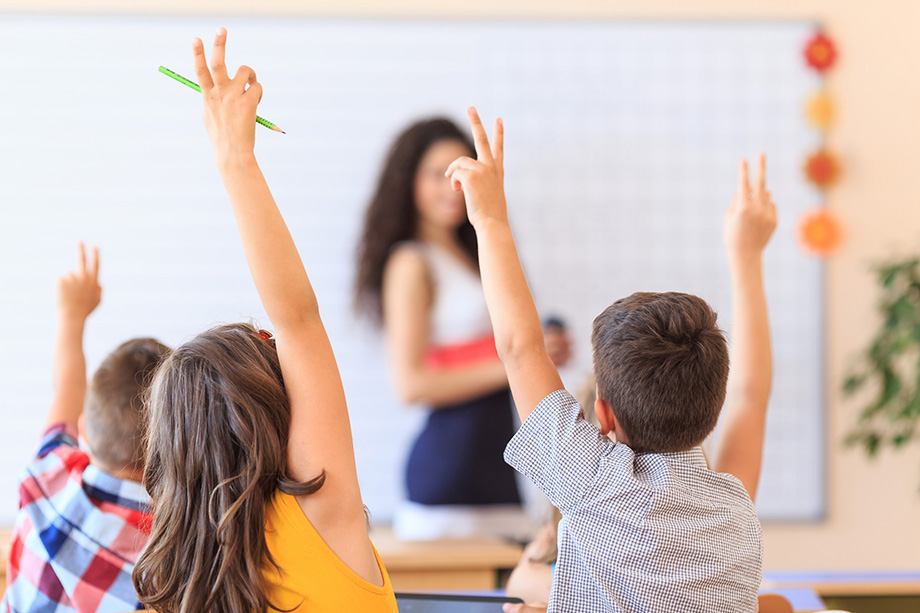
Getting from A to B for exam success
Alex Purcell, Rachel Jeffries
In this session we will focus on tips and strategies to help our learners achieve success with their skills as they bridge the gap from A2 to B1 and beyond. We will explore classroom ideas to develop language and exam techniques to help students feel confident and equipped for success on the exam day itself.

Becoming a confident writer at B2 First and beyond
David Bradshaw, Mark Meredith
In this session we will explore the changing demands being made on students in writing tasks at B2 and above. We will examine how to face the growing complexity of text types and tasks and provide guidance in how to bring your students' writing skills up to the next level.

Cambridge and the LOMLOE
In this Cambridge LOMLOE webinar series we address some of the key changes of the new law and how we can support you in adapting to its requirements.
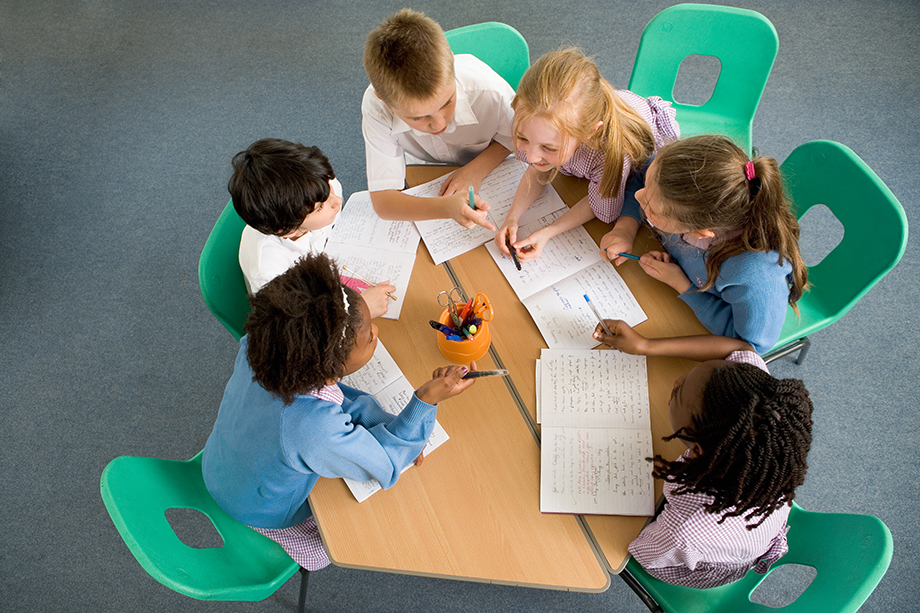
Making an early start – productive skills with Young Learners
George Heritage, Victoria Peña
This session looks at strategies and resources to help Young Learners (7 – 12-year olds) develop their writing and speaking skills in class. We look at different activities to use in class, while maintaining a balance between aspects such as type of interaction and language content. Throughout the session we also give some ideas on formative assessment and giving effective feedback.

Top Ten Exam Tips at B1 and B2
Alex Purcell, Andrea Tolve, George Heritage, Mark Meredith, Rachel Jeffries, Victoria Peña
Join our expert panel to discuss key aspects of exam preparation at B1 and B2 and success beyond the exam. There will also be ample opportunity to field your questions and share best practice and advice with a wide range of teachers.
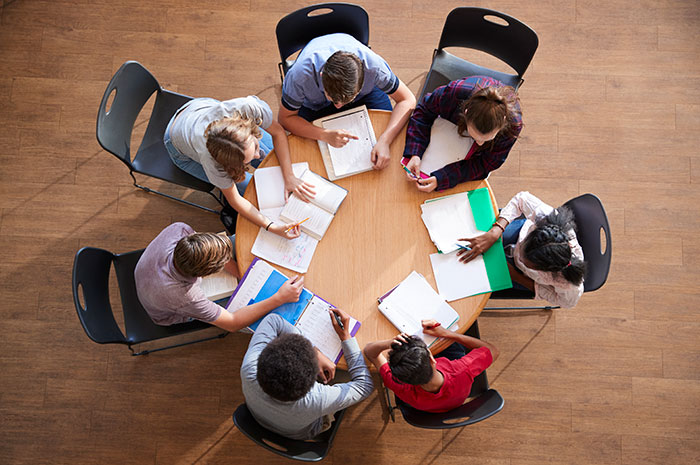
Inclusive Practice
Alex Purcell, Mark Meredith
Every child has the right to an educational environment where they are both supported and challenged, with an emphasis on each individual's progress rather than performance. In this session we will explore how teachers can use inclusive practices approaches in supporting all learners. Practical ideas will include different grouping strategies, differentiated learning techniques as well as a focus point on the importance of reflection for both teachers and students in today's educational world.
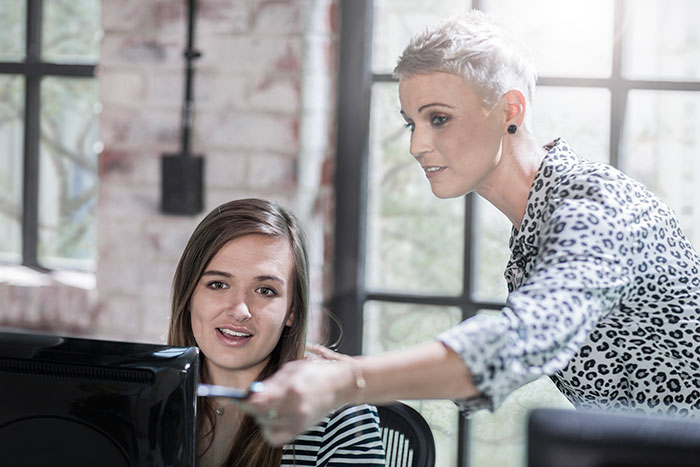
Feedback on Top Part II
George Heritage, Victoria Peña
Following on from the previous week, we look at different methods of giving feedback at different stages of the language learning process and consider the important factors to bear in mind when deciding on the most appropriate feedback for your students. We will explore some digital tools for giving instant feedback and think about scaffolding our feedback in line with the staging of our teaching.
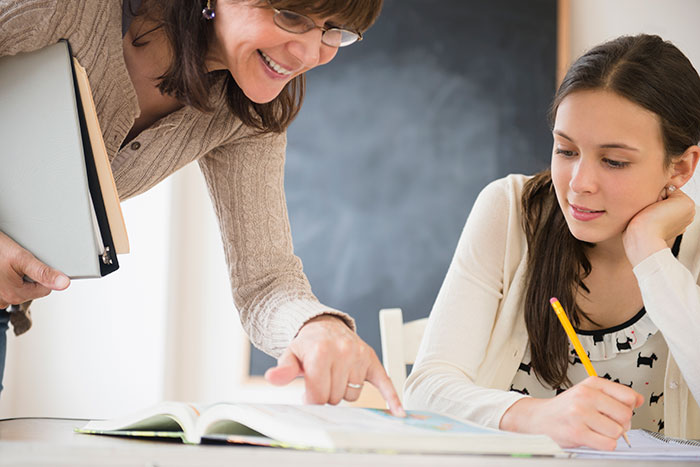
Feedback on Top Part I
Andrea Tolve, Rachel Jeffries
In this session we will consider a range of techniques to ensure learners receive constructive input on their progress.
In some cases this may mean reflecting on what has been achieved, and in others may mean looking ahead and setting the next goal posts. In both scenarios we will think about how to maintain motivation while encouraging learner autonomy and of course, remembering that good feedback does not require a grade!

In it together Part II
George Heritage, Victoria Peña
We look at how collaboration can support and enhance our students’ awareness of their abilities and progress. We share some practical ideas and resources for self and peer assessment that can be used in face-to-face, hybrid or online contexts.
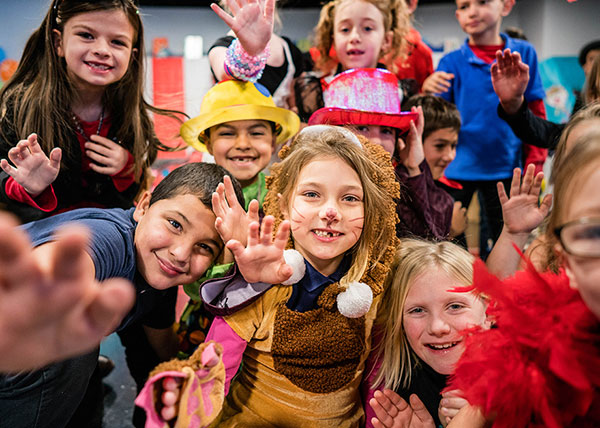
In it together Part I
Andrea Tolve, Mark Meredith
We discuss the role of collaboration in today’s classrooms whether online or face to face, and consider its importance as a key life competency. Practical teaching ideas are shared, aimed to encourage collaboration between learners alongside other skills such as communication and critical thinking.

Getting the right mix Part II
George Heritage, Victoria Peña
We look at using both formative and eventually summative assessment as a tool, or framework, to help us differentiate and personalise the learning experience effectively in diverse classes and contexts.
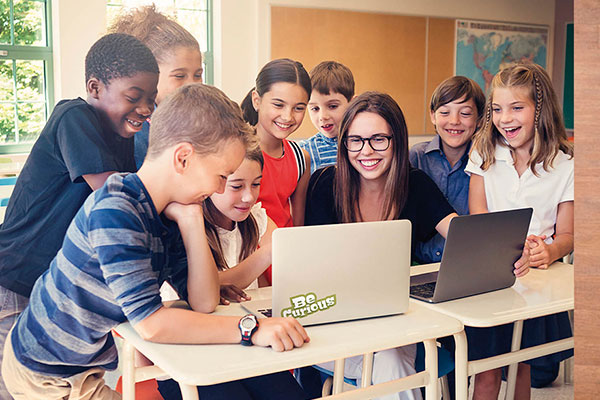
Getting the right mix Part I
Alex Purcell, Mark Meredith
We discuss the challenges and benefits of having a range of types of learners in our classes, exploring several aspects of differentiation and considering ways of adapting classroom activities to provide more support or more challenge accordingly. We also share some ideas of how to help learners become more autonomous and enhance their learning in a diverse classroom.
